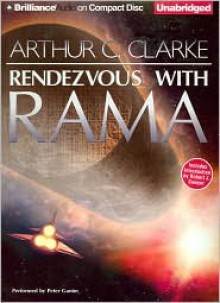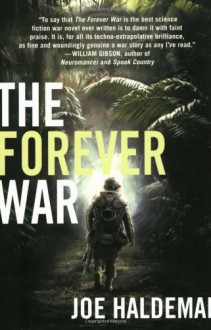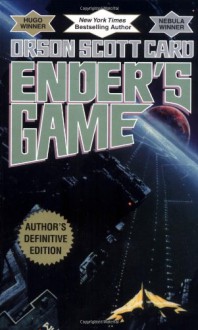

My review of the audiobook I listened to this past week.

My rating: 5 of 5 stars
Wonderful, exceptional, loved every page. I find myself unable to describe what truly astonishes me about this novel without giving away huge spoilers. I laughed, I cried, my heart filled to bursting and erupted with hope and inspiration.
All Clear picks up where Blackout abruptly ended, back in the Blitz, London during the Blackout, the air raids, the shelters, life marches on for the stoic British citizens. Our stranded time-traveling historians face the facts, for the most part, and buckle down to survive. Rationing recipes, holding down jobs, wondering if the next air raid will destroy your employer's building or your home, constant commute disruptions caused by bombed out streets, communication disruptions (telephone lines down and mail slowed to a crawl), doing the odd heroic rescue on the side, and don't forget the rehearsals for the latest diversionary play performed in the underground tube stations by the hodgepodge of amateur actors directed by none other than Sir Godfrey.
Connie Willis revealed the essence of Britain during the Second World War through these glimpses into the everyday lives of it's citizens.
Now that I have reached the end, and seen all the pieces fall into place, I must re-read both novels to truly appreciate the masterful ingenious tale crafted by Connie Willis.

Read in July 2009 If I had been born in the 50s and also been born male, I'm positive I would have loved this story. All the pain, confusion and futility of Vietnam but strung out and extrapolated over three thousand years (or about three years relatively speaking). The last fourth of the book salvaged the first three parts.
I didn't have any trouble grasping the science, the physics or the technology. Haldeman did an excellent job conveying them without making me take a course in quantum physics or string theory.
But again, similar to The Accidental Time Machine, character development suffers, even though we spend months bored in transit. I personally didn't care for or agree with his predictions for societal changes on Earth and elsewhere that occurred while Mandella travelled at relativistic speeds. I did agree with the morale of his story, which is similar to Ender's Game in philosophy.
I've now read most of the classic (and one neo-classic) military science fiction novels. My personal favorite seems to be Old Man's War by John Scalzi, followed closely by Heinlein's Starship Troopers. Haldeman's Forever War follows and the distant finisher remains

I liked everything about this book, except perhaps the ending. And I can’t even say that I particularly disliked the ending; it just made my soul ache with remorse and regret – for Ender, for humanity, for the buggers.
Ender is six years old when we meet him. He is the third son of the Wiggins and a child genius. Not surprising, consider both of his older siblings are both child prodigies, but with vastly different temperaments. The Wiggins were allowed to have a third child as part of an experiment; an effort to create the best of both of the other siblings and something to could be molded into a perfect military savior.
The world is desperate. Humanity was nearly exterminated by the First Invasion of the buggers. The only reason the Second Invasion failed was done to the quick thinking of one man who realized the essence of bugger strategy and communication. Once he realized the fundamental differences between humans and buggers, his single squadron was able to take down the entire Second Invasion.
But little Ender does not know of the dire peril to the world. His concerns involve school yard bullies, psychotic older brothers and the stigma of being a “Third” child in a two child only society.